It was in 2017 that the Irrfan Khan starrer Bangladesh-India co-production drama, Doob: No Bed of Roses, first released.
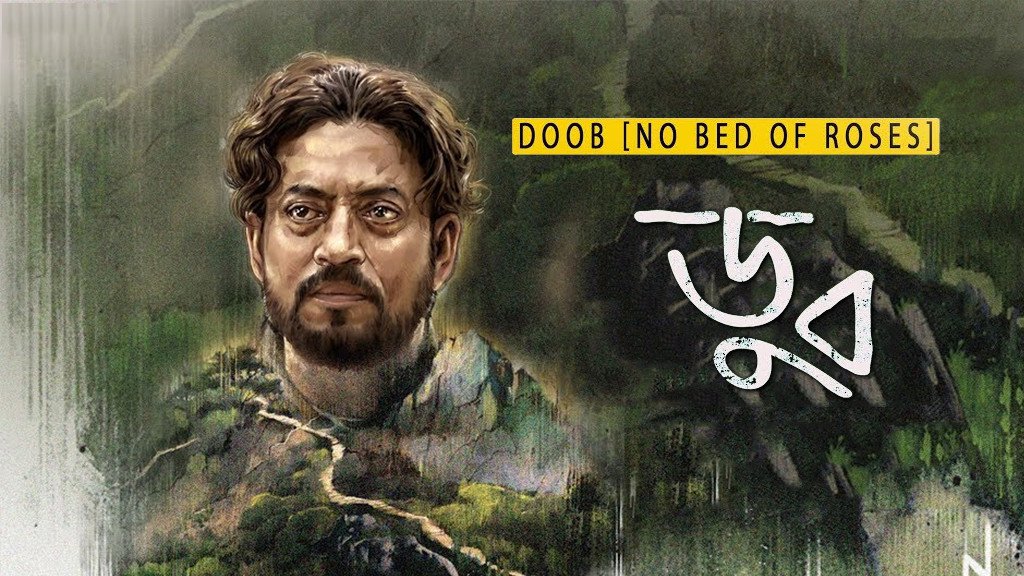
As it made its way across film festivals, going so far as to become Bangladesh’s official entry for the Oscars, it, like most ‘non-commercial’ films, largely missed the Indian theatres.
Now, 4 years after the film first released, the film is currently streaming on Netflix. And for fans of Irrfan, like yours truly, it’s a bittersweet experience to once again watch his genius unravel on screen.
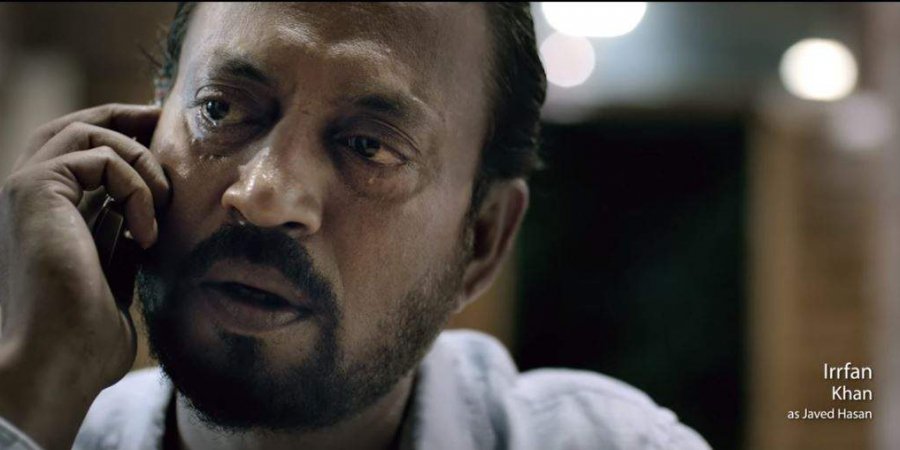
Doob tells the story of a filmmaker, Javed, who cheats on his wife–who he’d eloped with when he was in his 20s–with his daughter’s friend. The way he, and his first family, deal with the aftermath of his infidelity, right until his death, forms the crux of the story.
It’s an emotional, poignant, slow-paced drama that forces you to question if everything really is fair in love and war?
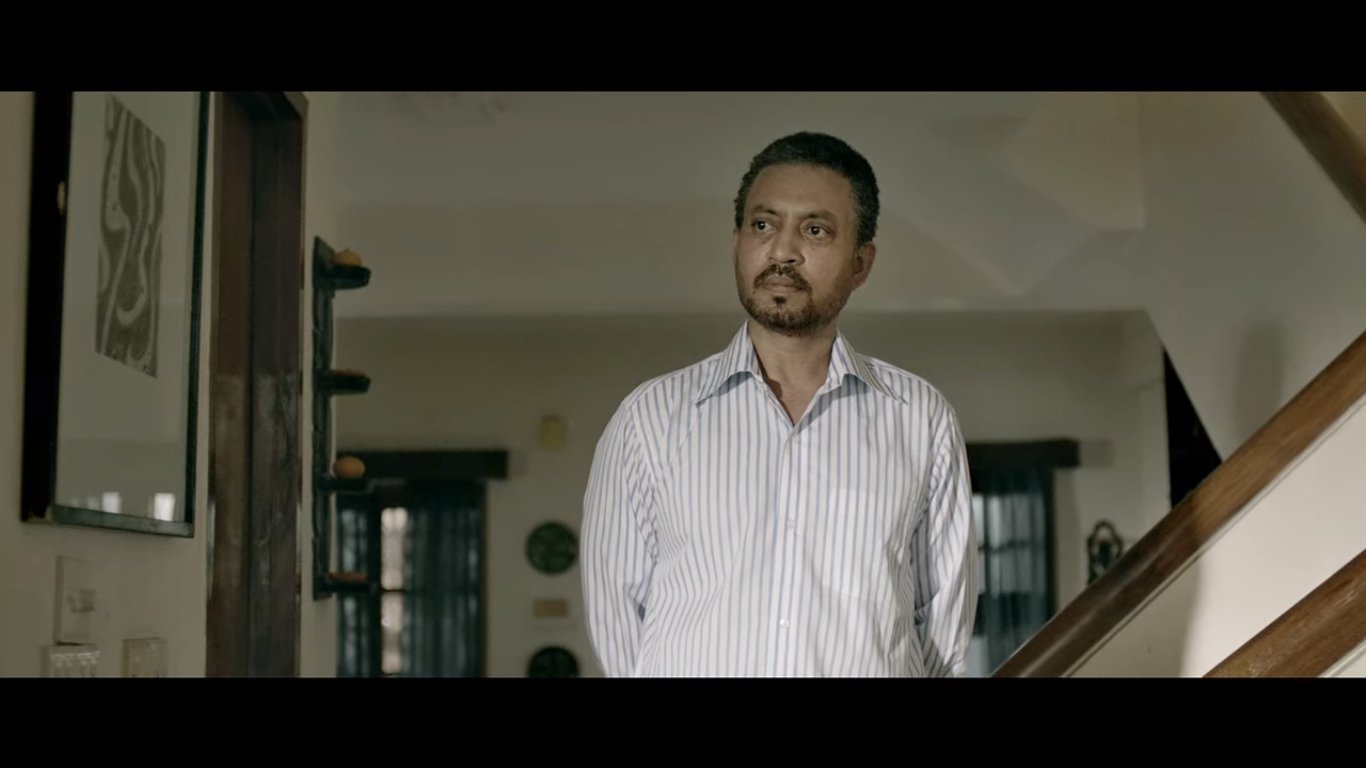
But, irrespective of how great the film was or where its flaws lay, for me, more than anything else, Doob became a reason to once again revel in Irrfan’s magnetic, on-screen charm.
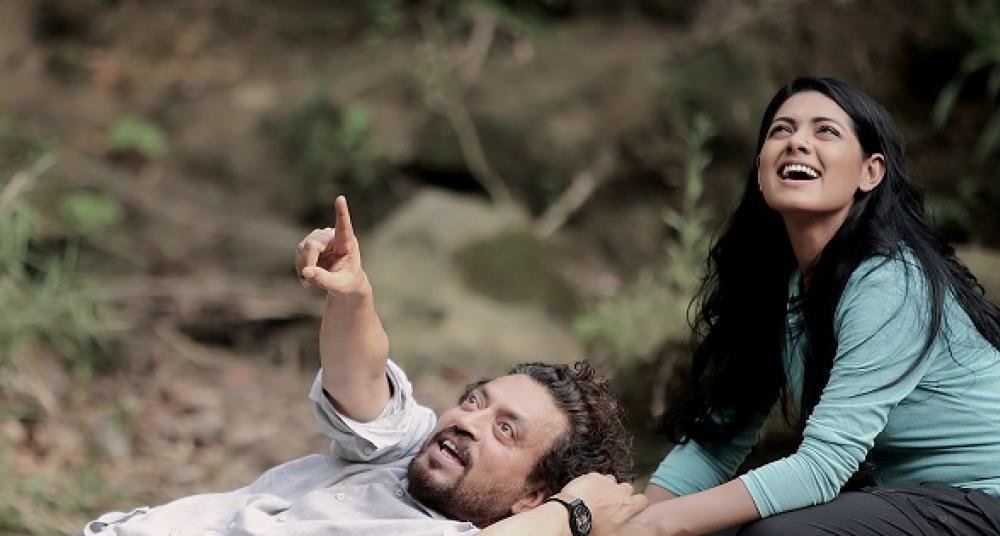
In the moments where he reminisces about his past with his first wife, forced on a date by their daughter, he reminded me of a somber but equally romantic version of Yogi from Qarib Qarib Singlle.
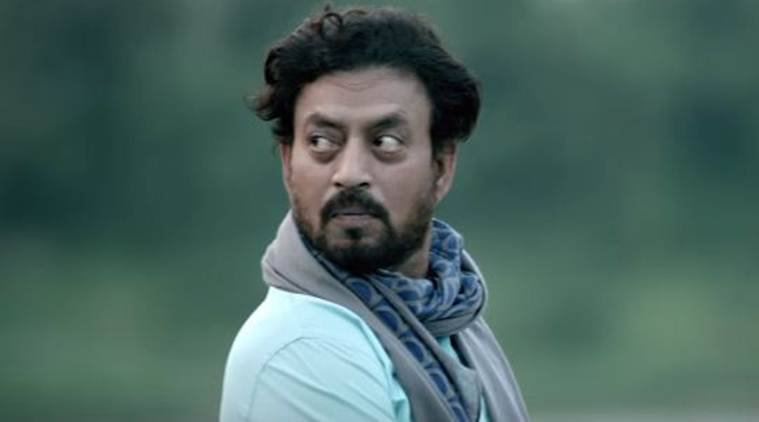
In his attempts to reconnect with his son, who is being bullied for his father’s actions, I caught glimpses of Gogol’s father from The Namesake.
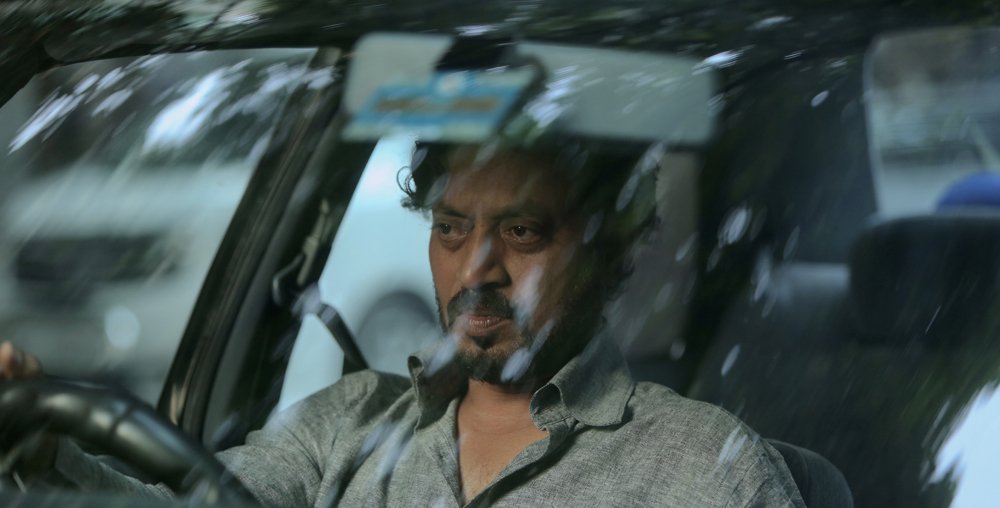
In his guilt at losing touch with his daughter, due to his own transgressions, I saw flickers of Maqbool’s guilt.
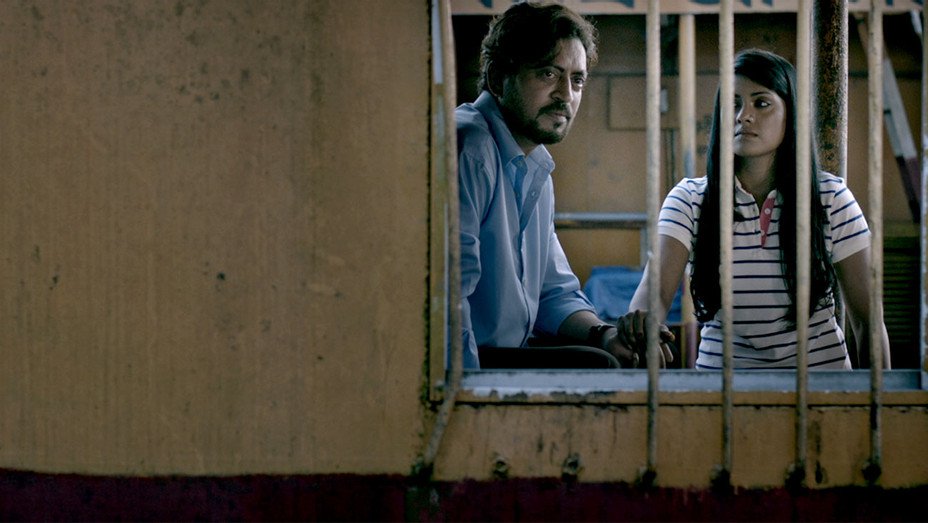
It wasn’t because Irrfan was falling back on tropes – the very brilliance of an actor of his caliber is that you can’t break down his art because it’s not repetitive in any way or form.
No, it was because, from the very second that Khan appeared as Javed on my laptop screen, I was involuntarily thrust into a kaleidoscope of all the characters that Irrfan previously brought to life in his inimitable, undeniably honest way.
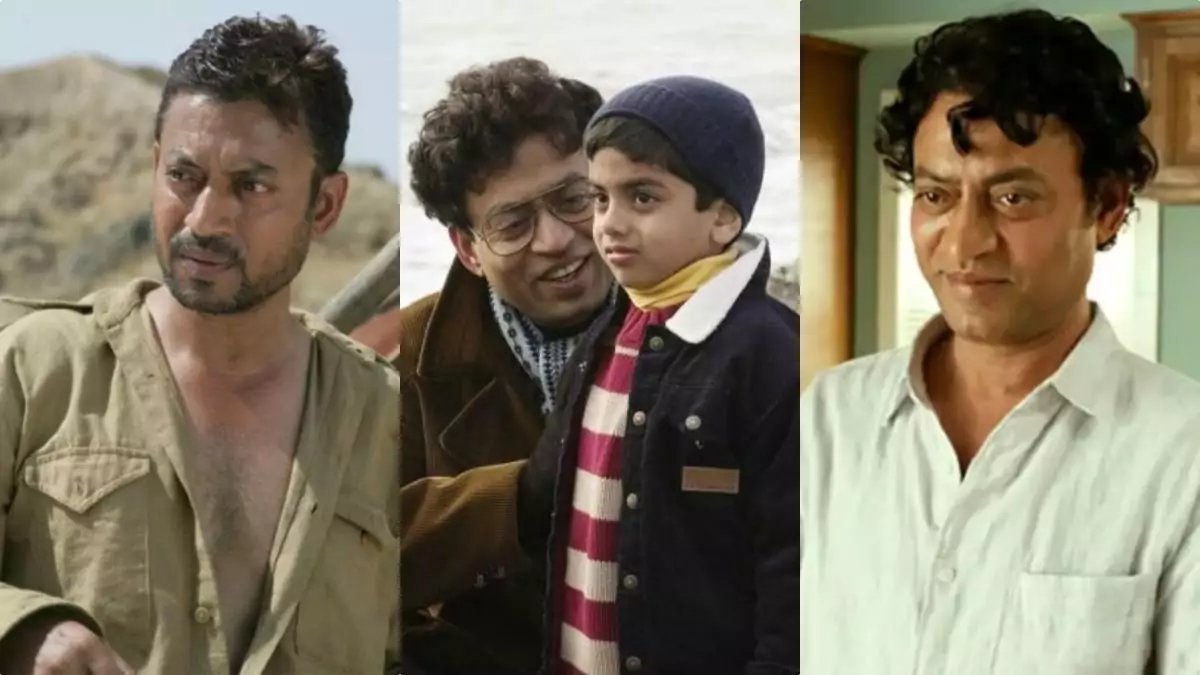
I was struck anew at how gifted and talented an artist Irrfan truly was, who no matter how unassuming or grand the character, adapted to the film’s setting like a natural.
When Irrfan appears on-screen in Doob for the last time, as a figment of his first wife’s imagination, his character states, “death returns love, respect and honour.”
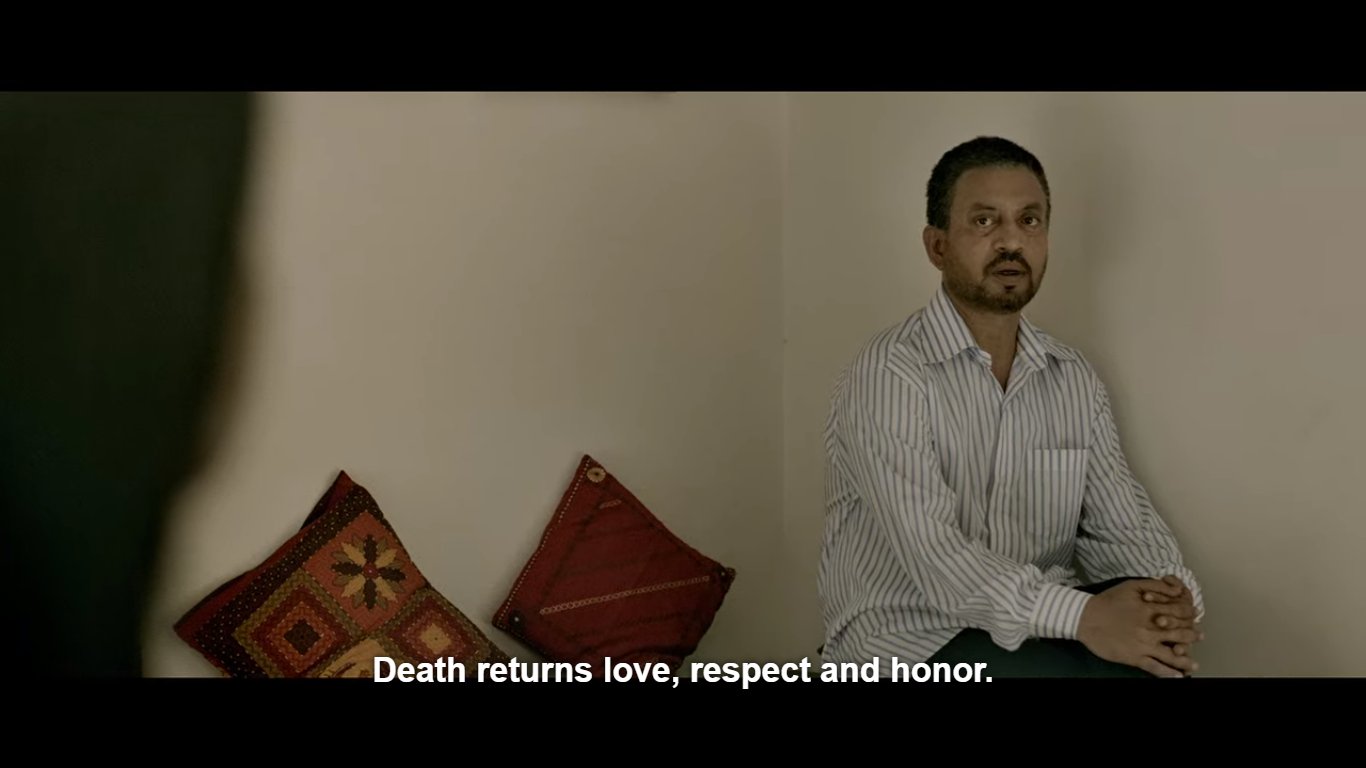
Perhaps it’s true for a man like Javed, whose search for love in his lifetime, leaves him disgraced as a father and husband in the eyes of his family and society. But his death, while taking away his physical self, returns him to the place he once held in his loved ones’ world.
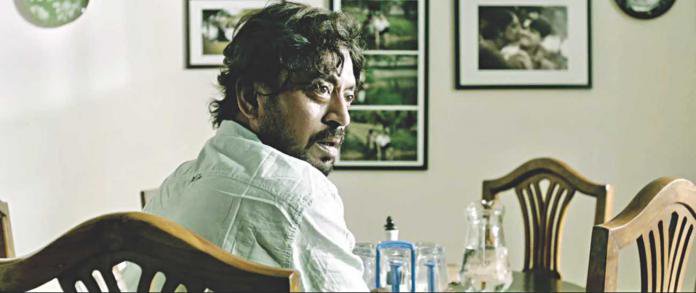
Outside of the film’s reality though, death doesn’t return love, respect, and honor for Irrfan because he was never without it when alive. Rather, his death unwittingly immortalized our love, respect, and honor for him.
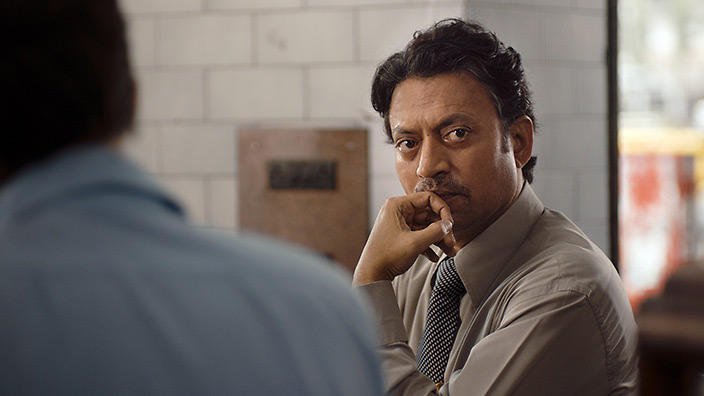
This is clearly not just a film review. It can’t be. Not when Doob wasn’t just another film for me but rather an unexpected chance to catch a hereto undiscovered character of Irrfan.
And a reminder that Irrfan’s legacy is not in the roles he played but in the joy his performances brought us. The former may be numbered, but the latter will always remain immeasurable and immemorial.
All images are screenshots from Netflix, unless specified otherwise.

















